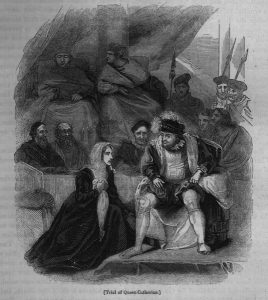Whoa, it has been a month since we last blogged. It's busy around here in archivesland!
One of the many world events on our mind is the decision in the Georgia state e-reserves case. Of course e-reserves themselves are the purview of the library, not the DCA, and I admit I am speaking here with dual hats: Digital Resources Archivist and co-chair of the Tufts Scholarly Communication Team. But while wearing either of those hats (have I mentioned how much I adore hats?), I care passionately about copyright, fair use, and open access. The Tufts Digital Library hosts the University's open access repository for faculty, student, and staff scholarship. Meanwhile, the Scholarly Communication Team helps faculty both publish open access (by providing advice as well as it co-administering the Provost's Open Access Fund to fund open access publishing) and negotiate fair use as they design their own teaching materials.
While much of the 350-page decision (PDF) will primarily be of concern to people designing the reserves or online coursework, some of the decision will be of concern to anyone who deals with scholarship, open access, or the publishing. In some cases the court found for the defendant (GSU) because the publishers could not show a chain of copyright registration, work for hire agreements, or copyright assignment. As James Grimmelman put it, the putative owners didn't have all their papers in order. This should be a warning to those of us who negotiate any rights, even the deposit right into open access repositories. Do we have a reliable chain of custody over that documentation? Courts care.
We should also note that the court looked at log files for evidence of whether or not works were downloaded when making their decision. Should this have an effect on the retention policies around our log files? Worth thinking about, at least.
Further reading:
"The GSU decision: not an easy road for anyone"








